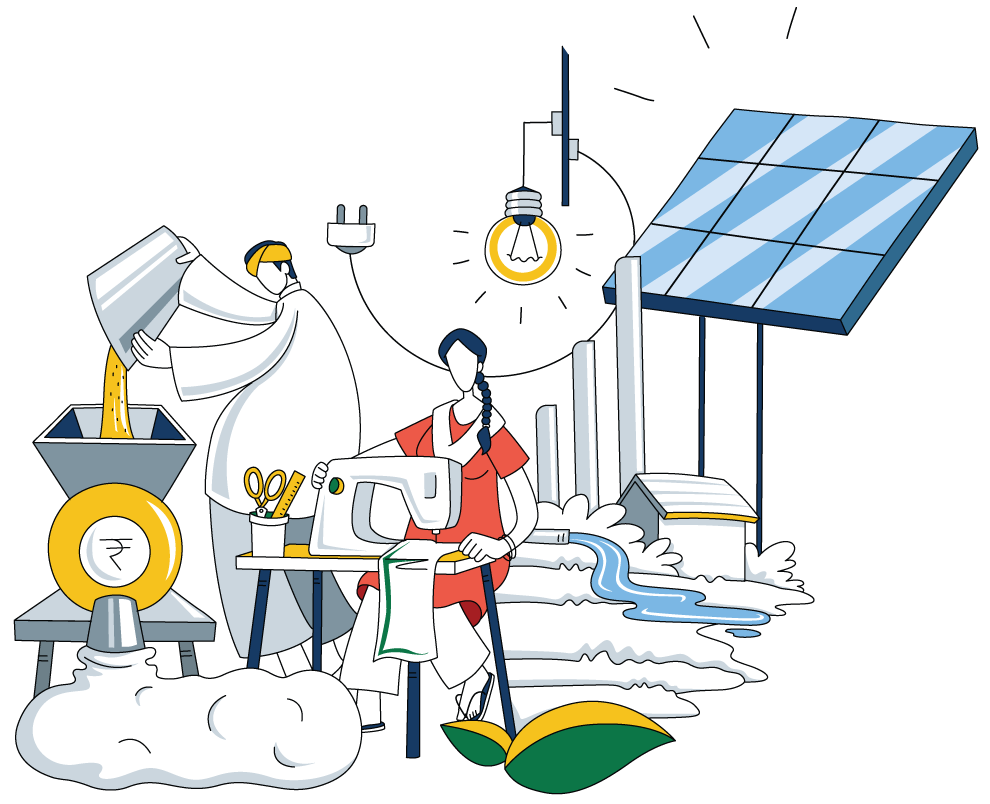At ACPET, we have been in the process of instituting research across domains in energy, using tools from economics, sociology, pure sciences and more. Here is a brief look at all of them:
Transition of coal mine communities towards sustainable lives and livelihoods (Trans-Mine)
The Ministry of Coal has identified a number of mines across the country as abandoned, discontinued, or closed (so far) and Coal India Ltd has taken proactive steps towards the closure of these mines. This would impact around 500,000 jobs/livelihoods and around 100,000 hectares of land and associated natural resources. With this background, ACPET has commissioned a project to “facilitate a smooth transition of coal mining communities towards sustainable lives and livelihoods”.
Learn More



